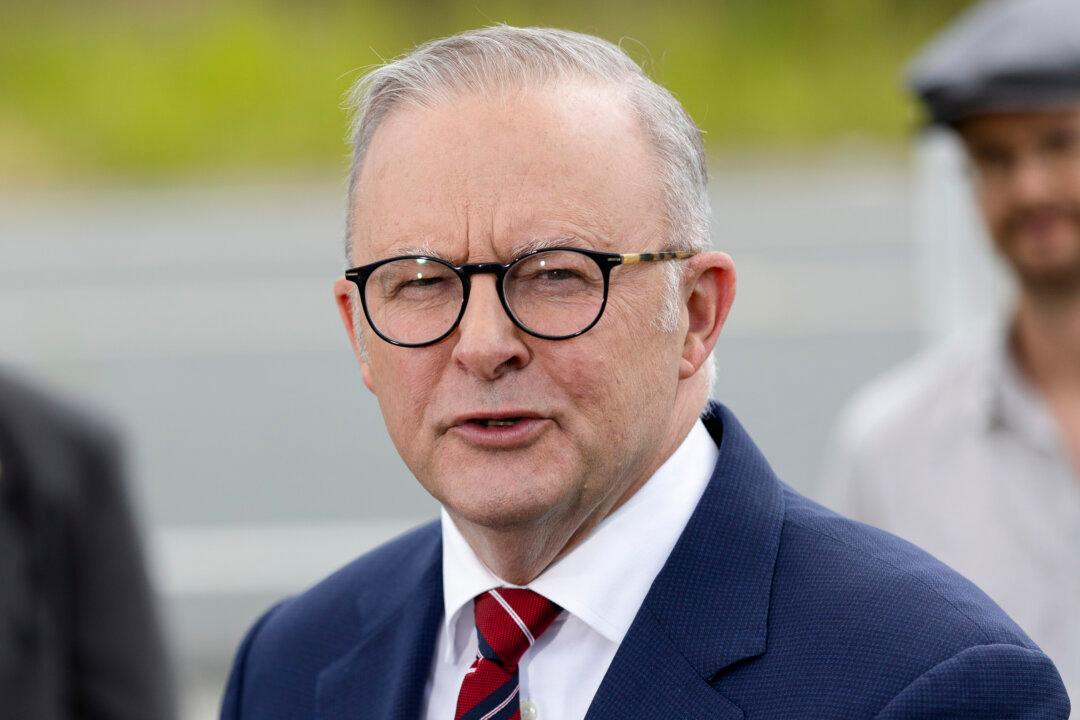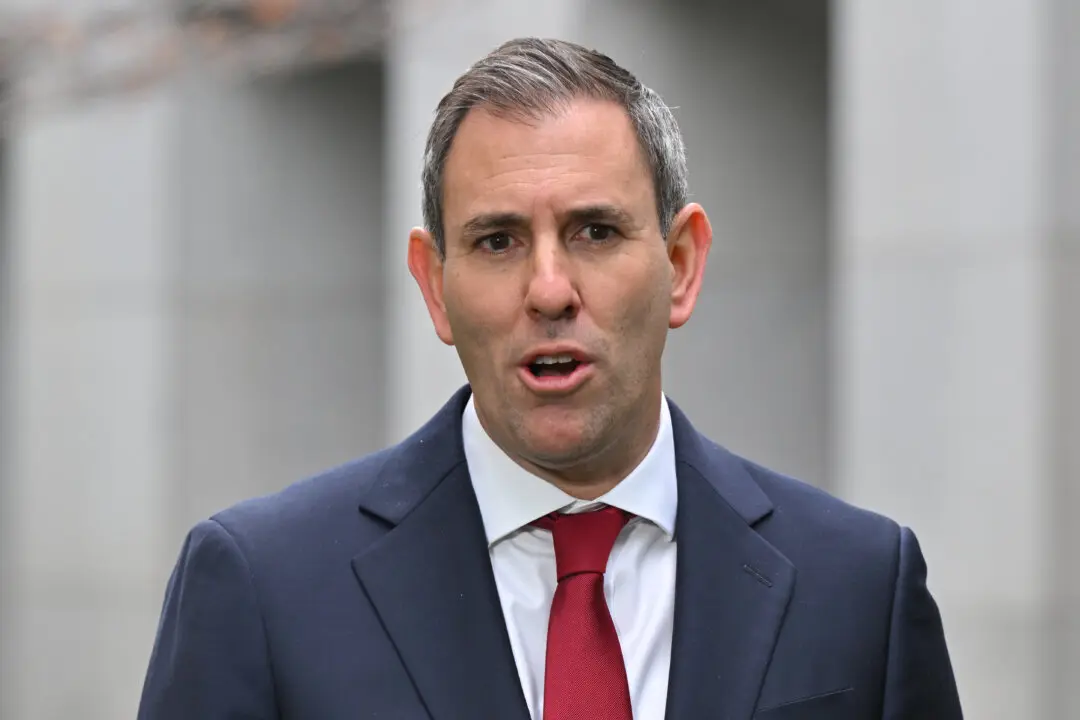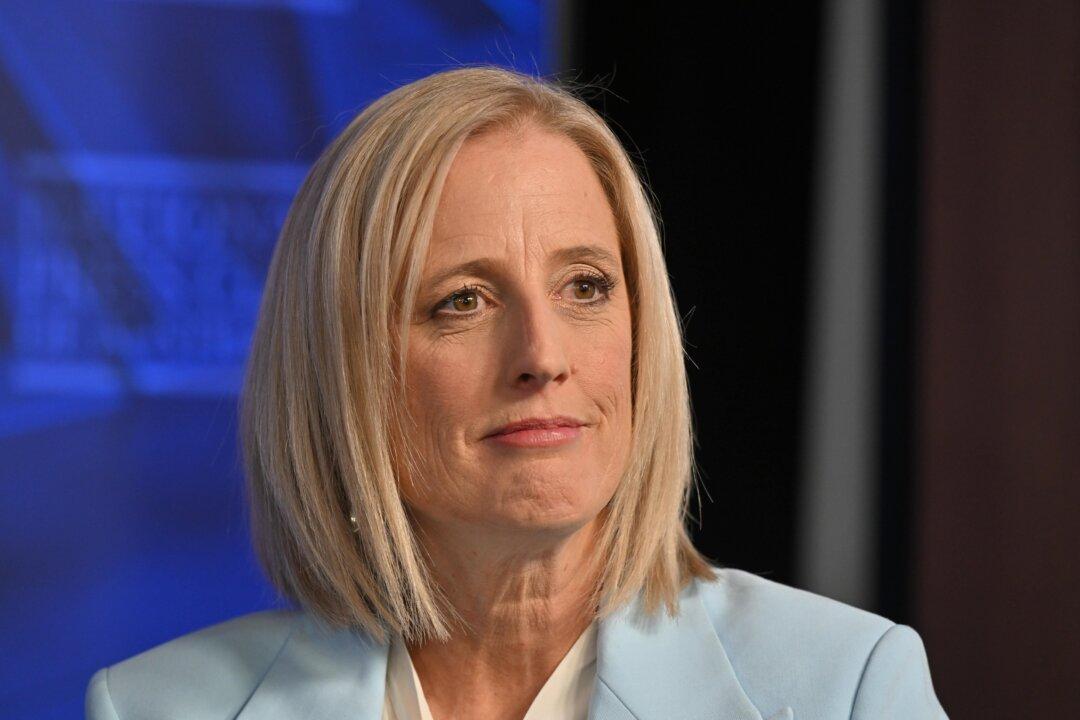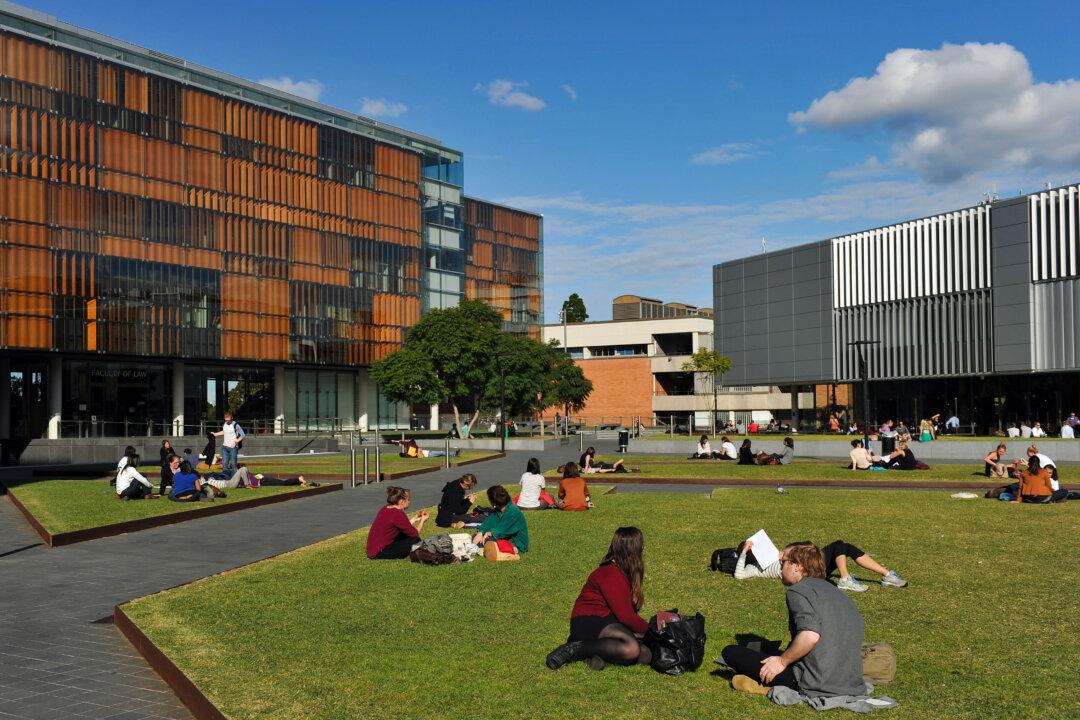As governments contend with the Trump administration’s 25 percent tariff on steel and aluminium, Prime Minister Anthony Albanese says the U.S. president is now “considering an exemption” for Australia.
Albanese, who had his first call with President Donald Trump after he took office, described their conversation as “constructive and warm.”





